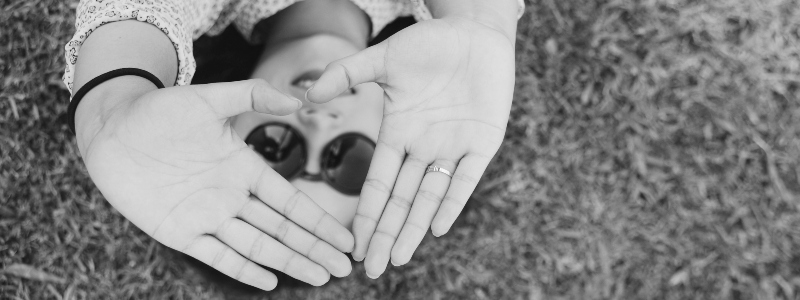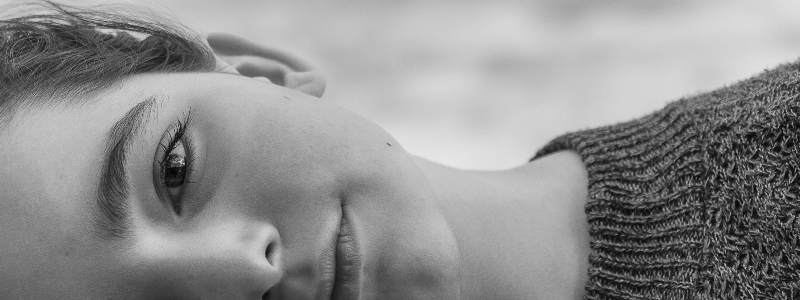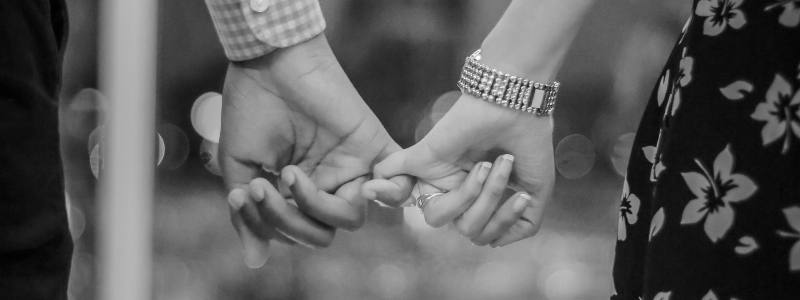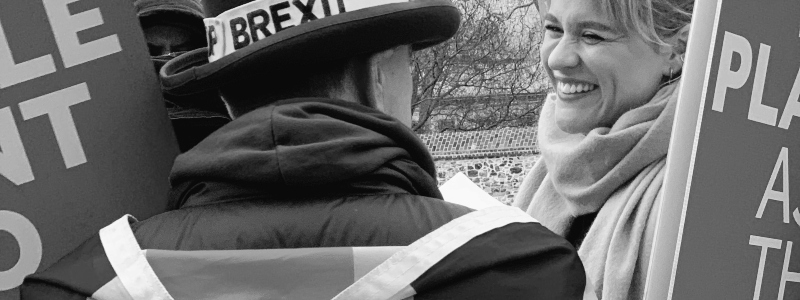In this age of jettisoning the past and continually embracing the new, the answer to the question of how psychotherapy works has remained largely unchanged since the days of Freud. Modern enquiry and comprehension brings the capacity to understand what happens in the brain as a result of effective analysis, psychotherapy, or indeed, good enough parenting.
To use an analogy, Freud worked out how to bake the cake of psychoanalysis and with it, what ingredients to use. Modern science has the capacity to empirically prove how those ingredients work through neuroscience research. In this piece, I shall concern myself solely with the main ingredients of what is needed for effective psychotherapy. Although they are but two, how they are applied marks the difference between an amateur cook and a master chef.
In 1968, Michael Balint, a psychoanalyst in Britain, wrote the following ‘recipe’ for effective analysis which holds true for counselling and psychotherapy to this day:
“Although, as a rule, it is not stated quite so implicitly, we are compelled to recognise that the two most important factors in psychoanalytic therapy are interpretations and object relationship. It should be borne in mind, however, that with the latter we are on comparatively unsafe grounds because psychoanalytic theory knows much less about it.” (p159, The Basic Fault – Therapeutic Aspects of Regression)
Balint is making two important points in this brief paragraph. Firstly, he gives us the key ingredients of what makes psychotherapy work. Secondly, he tells us that while object relationship is an essential ingredient, in 1968, psychoanalysis lacked an understanding of why that is.
A basic cake ingredient remains the same through the generations. No doubt, there are scientific reasons to explain why the chemical constituents of flour and egg make a good cake. This is also true of Balint’s main ingredients; interpretations and object relationship, or, put more simply, understanding ourselves and the importance of the therapeutic relationship.
Understanding, or, Knowing Thyself
Insight and understanding is a key tool in making changes. If clients can form a compassionate – and that word is key – understanding of how their past relationships (object relationships) and experiences have shaped them, they can develop the capacity to change. However, this possibility of change is entirely contingent on the therapeutic relationship they form with their therapist. Insight alone cannot lead to change. This is the fundamental answer as to why the many shelves of self-help books comprising an ever-increasing proportion of high street booksellers, never really lead to any change in their hopeful authors. Change requires a relationship in which loss can be worked through and trust built in a new way of relating; trust that the other person in the relationship (the psychotherapist) will not let the client down. At least not catastrophically.
Object Relationships
Why can change only take place in the capacity of a relationship? In the past, I have written blogs about the therapeutic relationship and its importance, as well as on the principles of attachment. However, to recap, psychotherapy is about re-parenting. On a fundamental level, it is about helping the client to experience a good enough relationship where they are listened to, cared about and held in mind. Through this, the client can start to develop their own mind, and over time, hold themselves in mind in ways they have not been able to do in the past.
If the therapeutic relationship is so important, why is it not enough? It can be argued that affective attunement is about offering interpretation, if interpretation is about helping a client to understand why they feel, think or behave in a certain way. Is this not, after all, what a good enough mothering relationship provides, minute by minute, hour by hour and day by day?
To contradict myself, it is also too simplistic to simply suggest that the object relationship with a psychotherapist is akin to re-parenting. It is far more disappointing and frustrating than that. It is, for the client, a coming to terms with the stark reality that they cannot and will not ever have the mothering they needed for the child they once were. It is the working through of this and then, ultimately, the abandoning of infantile objects – unconscious childhood trauma driven states of mind – for adult objects – conscious adult states of mind that can tolerate the limitations of adult life and adult relationships; a tolerance of pain and abandonment of pleasure.
Mark Vahrmeyer is a UKCP-registered psychotherapist working in private practice in Hove and Lewes, East Sussex. He is trained in relational psychotherapy and uses an integrative approach of psychodynamic, attachment and body psychotherapy to facilitate change with clients.
Further reading on this subject:
How does counselling or psychotherapy work?
Click here to download a PDF version of this post.














